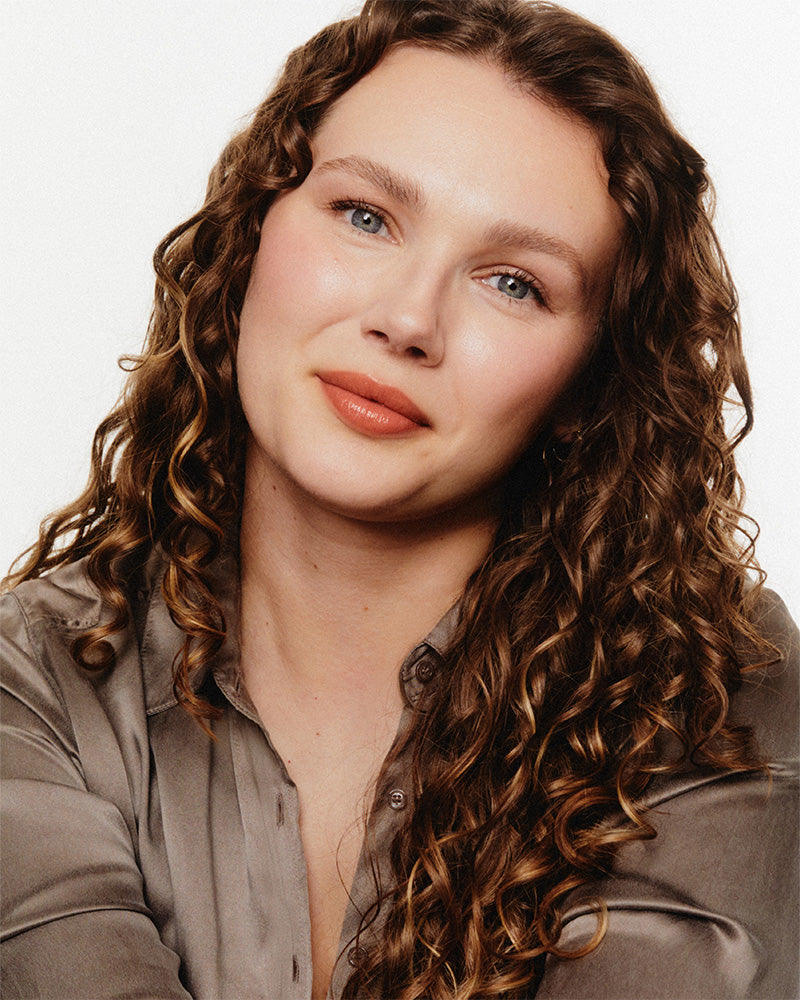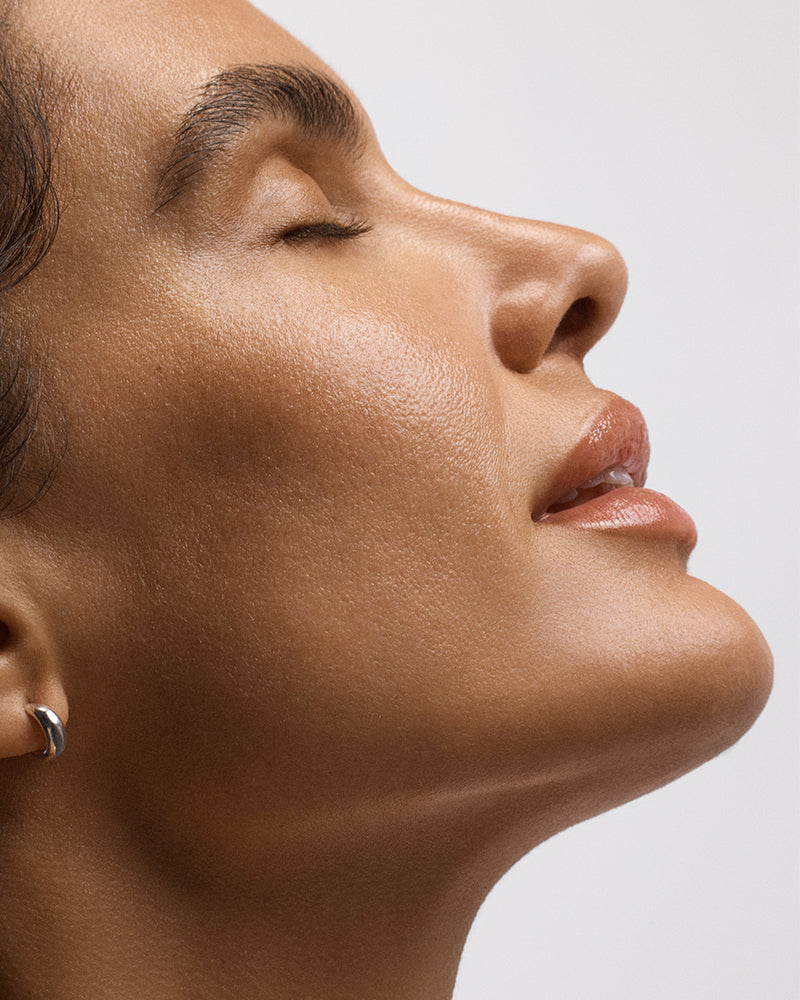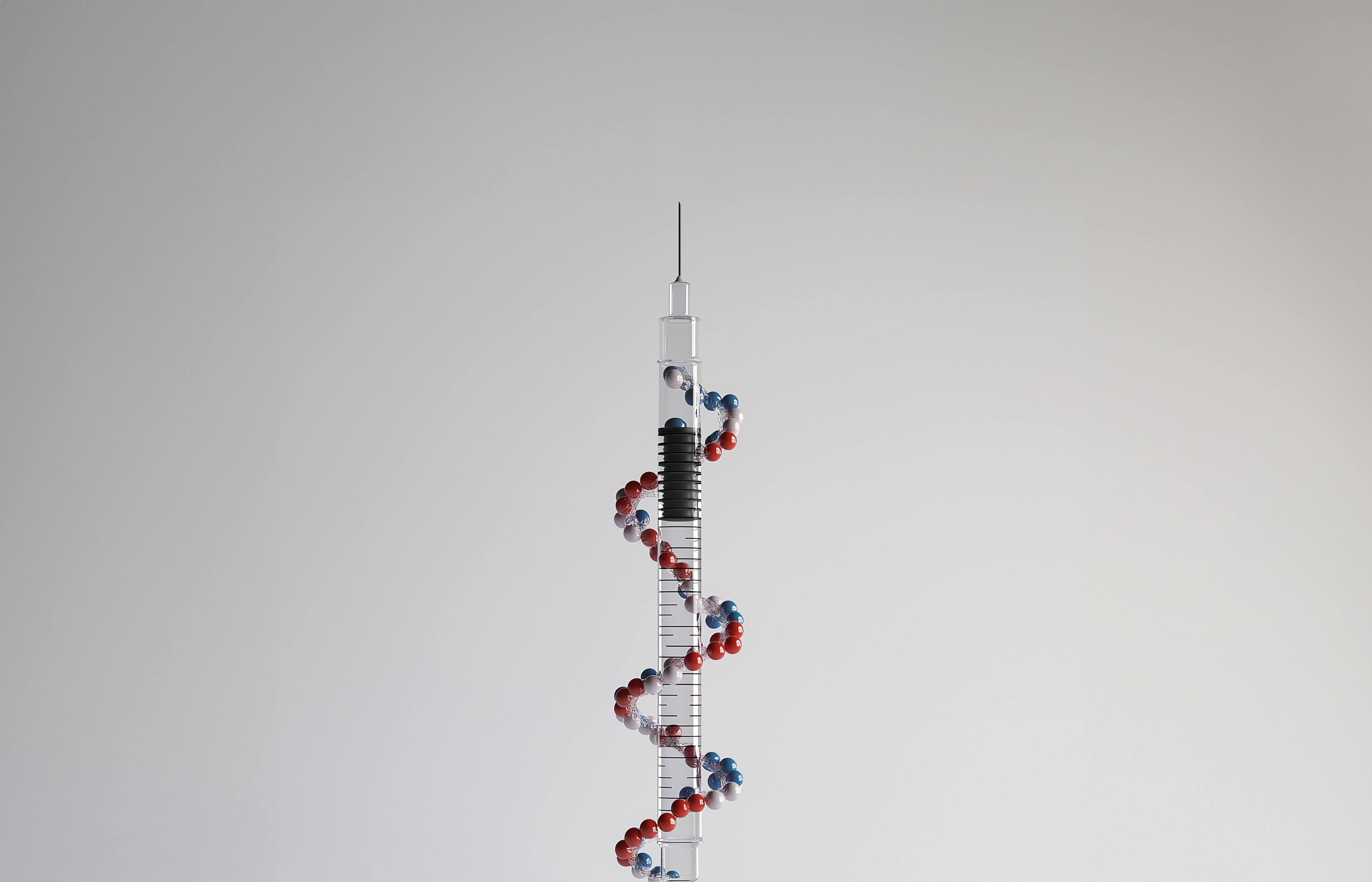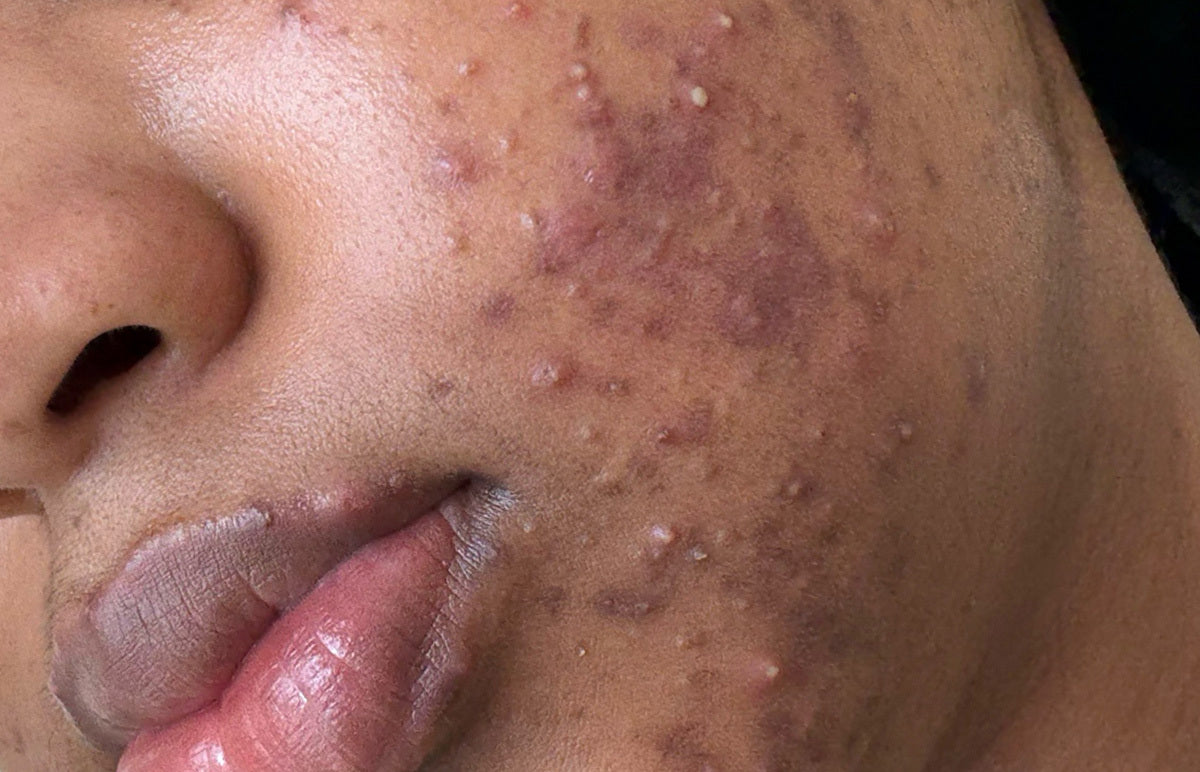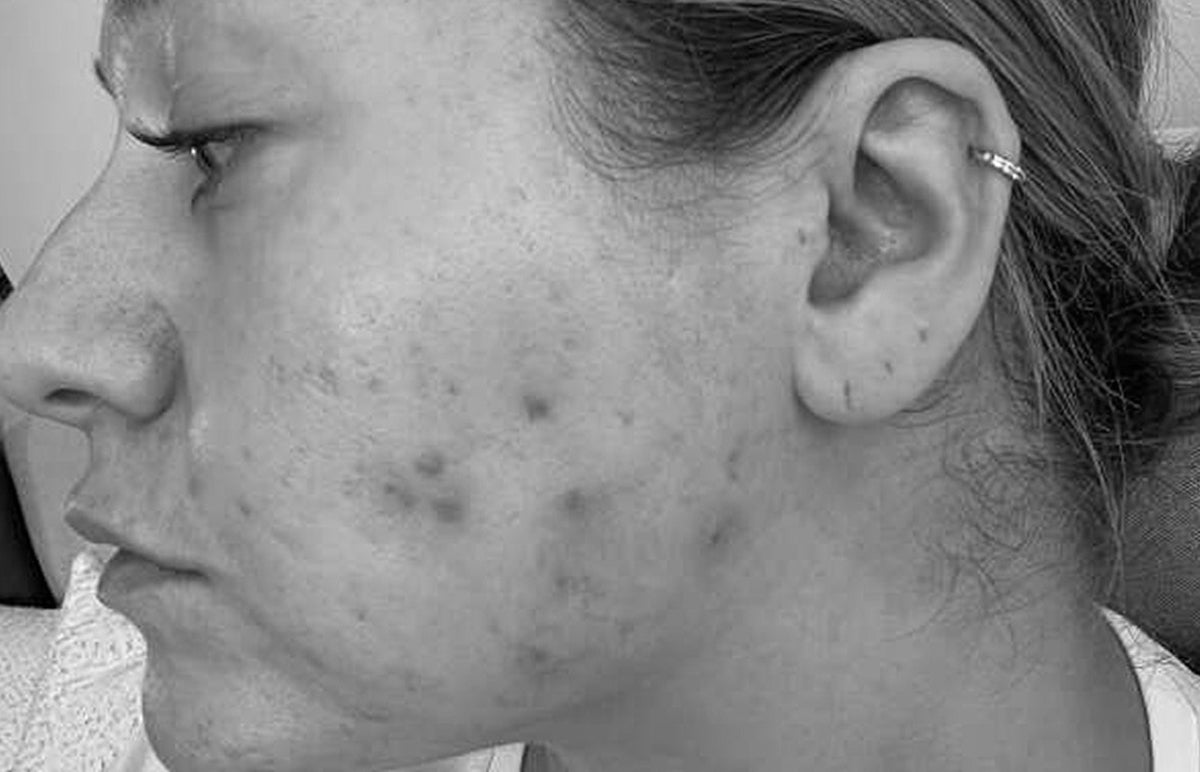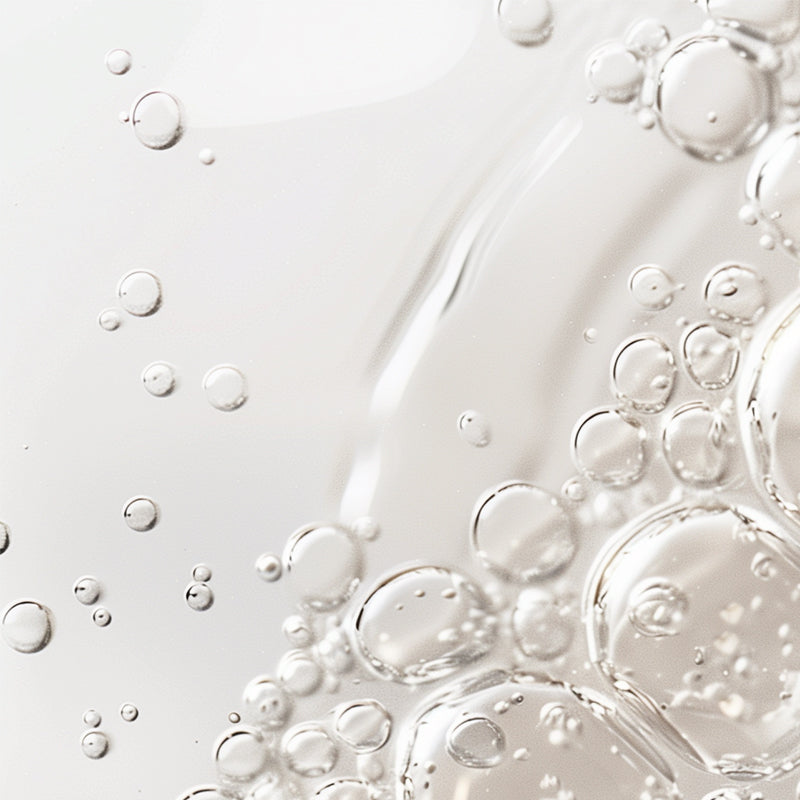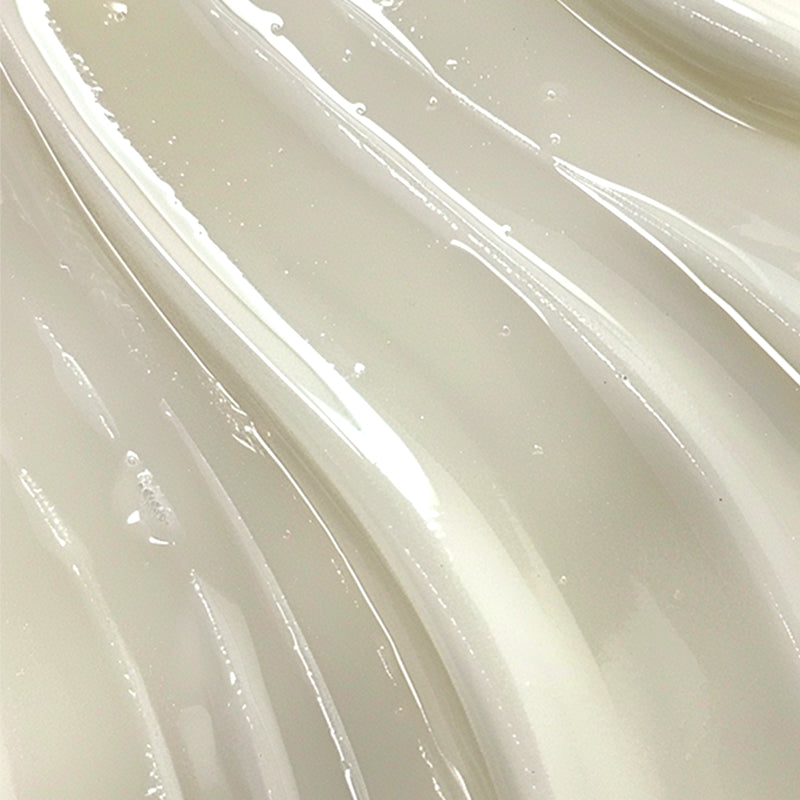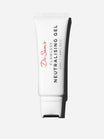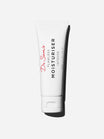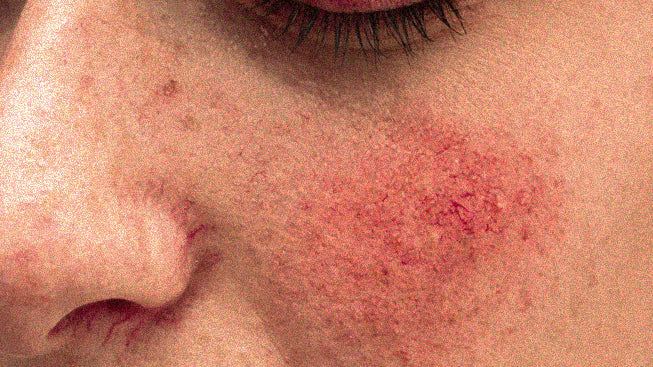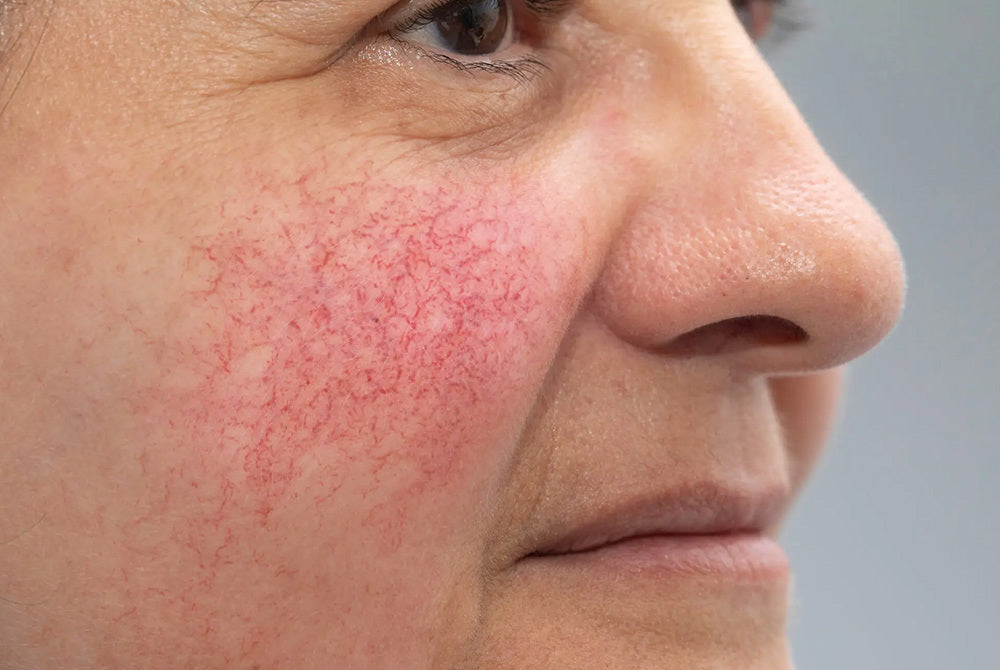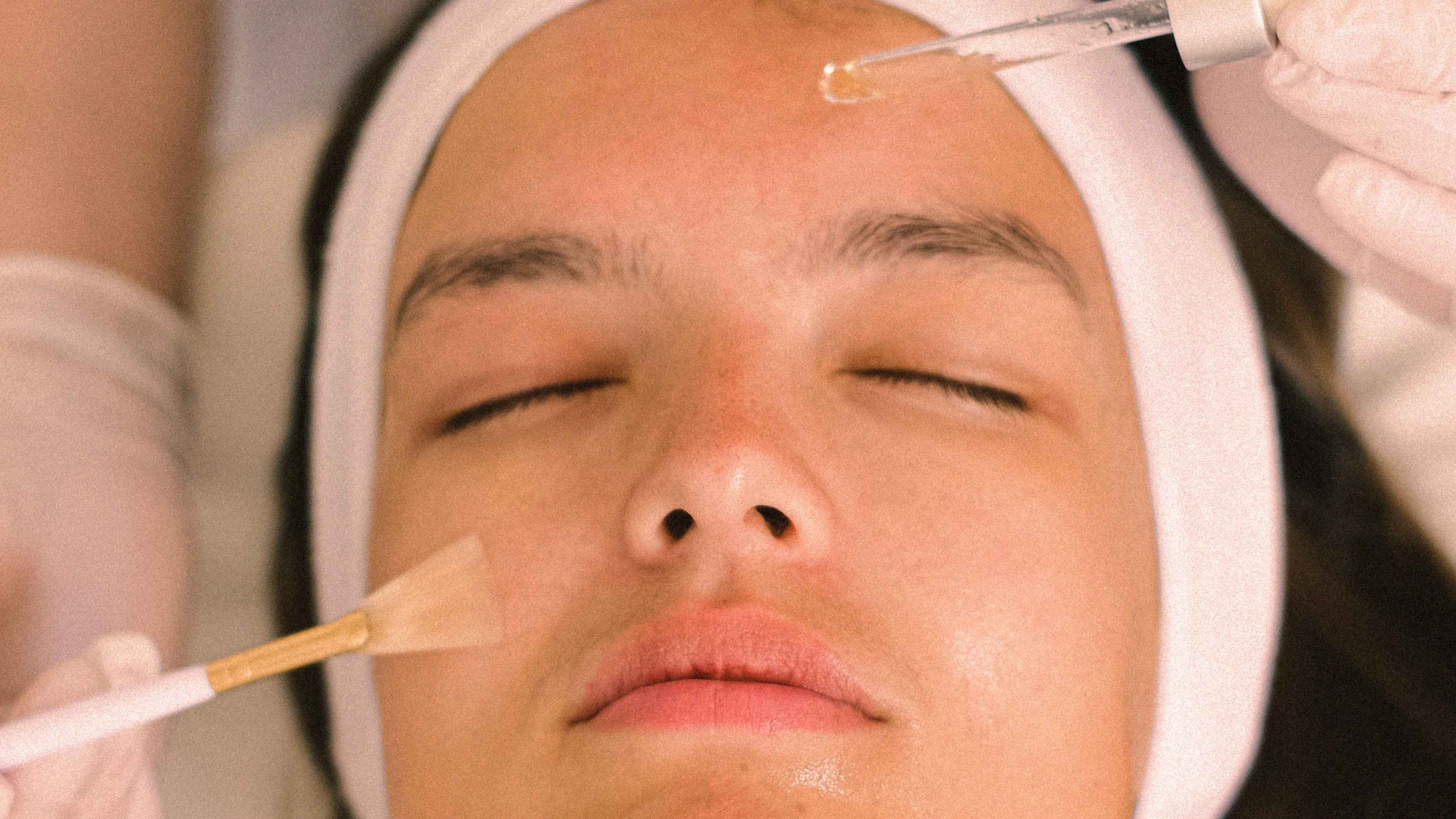As we enter Rosacea Awareness Month, I realised that I’ve neglected this topic of late so it’s timely that I have the chance to fix that. Rosacea is an incredibly common disorder - I should know, I’ve suffered from it for more than a decade. At first I tried to focus on covering it with unhelpful, green correcting cosmetics.But now I’ve worked out what works for me and my hope is the over the course of this month, I can help you do the same.
What I’ve found to be true is that with knowledge, the right skincare plan and self-awareness - you’ll know best what triggers the flames - it can be very manageable. So here are the 8 things I want everyone to know.
How common is rosacea?
You’re not alone.
10% of people in the UK and US suffer from some form of rosacea. It’s that common. I think we’re often reluctant to talk about it because a long blush can have emotional connotations, like embarassment or shame. And that feeling can promote the blush so it becomes a spiral. Hopefully, that’s changing - one of the benefits of social media.
Can rosacea be cured?
Aim to tame it rather than eliminate it
The genetics for inflammatory skin disease are built-in to some extent - so an early pro-active approach is definitely the right way to approach it.
Does rosacea affect just the skin?
It doesn’t just affect the skin
This often surprises people. The eyes are frequently affected, so if you find yourself rubbing gritty eyes and experiencing a poor tear film, it’s worth discussing with your doctor. It can also present in the eyes first, so you may find that your optometrist is the person who makes the association.
Is rosacea the same as acne?
Perhaps surprisingly, acne has nothing to do with it
Unless you have both acne and rosacea ( a not uncommon situation) they’re unrelated - the common ground comes from the presence of papules and pustules. The key to distinguishing them is the humble comedone, the primary lesion in acne. Acne has them, rosacea does not.
Can rosacea coexist with other skin problems?
It absolutely can coexist with other common skin issues
Common things are common. So you can experience melasma and rosacea. Or seborrhoeic eczema and rosacea. That of course presents a challenge from a treatment point of view - but it can be managed. You’re just likely to need expert help as that’s hard to do alone. Don’t suffer in silence.
Is sensitive skin normal with rosacea?
Sensitivity is normal
Yep, there’s a reason your skin stings and burns when you change up your skicnare routine too often. Barrier dysfunction is part and parcel of rosacea so keep things simple and consistent when it comes to your routine.
Do the seasons affect rosacea?
The seasons can affect your skin big-time.
This is a big one. Winter can flare rosacea as can summer. The inbetween seasons are often easiest.
Does diet affect rosacea?
Yes - so get in tune with your dietary triggers
The common triggers include alcohol (especially red wine, my won Achilles heel), spicy food and caffeinated and hot drinks. Histamine releasers like tomatoes might also contribute. We’re all different so know what’s triggering for you.
I’ve found these steps really help me get a handle on my temperamental skin - so I hope they work for you. I’d love to know which one helps so please let me know!

